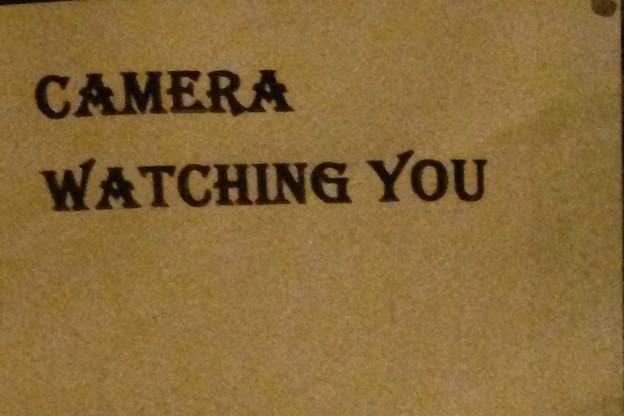Bad nationalist
Eavan Boland's global feminism

Much recent poetry registers the modern expansion of citizenship as a practice of exclusion. The provision of rights to some means that others are kept excluded from those rights. So the world-systems theorist Immanuel Wallerstein, in The Modern World-System IV: Centrist Liberalism Triumphant, 1789-1914, writes that "the more equality was proclaimed as a moral principle, the more obstacles—juridical, political, economic, and cultural—were instituted to prevent its realization" (146).
Poetry, as the staging of appearance, has always been sensitive to the claims of those excluded from citizenship. Perhaps one way to reconsider the history of poetic forms in general would be to ask again and again the question of "who counts," "who belongs," "who is visible." This theme shapes Yeats's entire oeuvre, for instance, from "The Stolen Child" to the listed names in "Easter, 1916" to the stricken rabbit in "Man and the Echo."
In her new book, A Woman Without a Country (Carcanet 2014), Eavan Boland's ambition is to think about empire, Catholicism, and financial crisis together, as a linked history. And then to thread that history through gender and the lyric voice. The book tells the story of an Irish nation constructed by excluding women from its history, at the same time that the representation of the nation is cast in the image of women: "women without a country / assembled from the treasures of a country," as Boland puts it in "Anonymity," part of the book's title sequence. In "Lesson 6," from the same sequence, the poet remembers her grandmother: "what troubled me was not whether she had included her country in her short life. But whether that country had included her." In "Nationhood: Two Failed Sonnets," the third part of the sequence "The Edge of Empire," the poet Speranza (Lady Jane Wilde, Oscar's mother) appears. Speranza's 1847 poem "The Famine Year," published in The Nation, decries the British genocide of the Irish and calls upon a vast, spectral army of the avenging dead to rise. In Boland's account, the claim by a woman to the voice of the nation comes at the cost of symbolic identification with the nation, and thus political disappearance: "she is writing to Ireland. / Ireland. She is."
It would be a mistake to see A Woman Without a Country as a post-political book, as though it were forbidden to speak of Irish politics apart from the agonism of the colonial relation. Boland's disjunctive globalism includes the history of colonization, sectarianism, and the hypertrophied capitalism of the present moment, but it cannot be identified with a single term from that series. In the Irish context, a focus on gender makes the global come into view. For a reader, this diachronic feminism can be traced in an arc from "A Woman Without a Country," to the poems "The Trials of Our Faith," "The Blue Rose," "An Island of Daughters," and "An Irish Georgic." There is much more I'd like to say about this book—for instance, the way that the alignment of the land with nationalism is unsettled by the alignment of the sea with a more inclusive globalism, one that accounts for the alternative histories of gendered subjects.
Throughout the book, Boland appropriates the terms that have been recently used to describe Ireland and to contain or de-politicize the financial crisis. "The Edge of Empire," for instance, refers not only to Ireland's "return" to semi-peripheral status after 2007, but also to the position of marginalized figures excluded from narratives of national liberation. The lasting impression of A Woman Without a Country is the wandering of words and terms, an erratic referentiality that the poems in the first section of the book, "Song and Error," explore. Although this phrase is plucked from Ovid in exile (see the poem "Song and Error") it might as well be a modification of Rainer Maria Rilke's "Gesang ist Dasein." Or a reformulation of the central luminous tenet of Paul Celan's Meridian, in which the poem is in the process not of freezing its poet in the image of some existing ideology or emergent need, but rather of wandering slowly towards her, of being always on the way:
Surely the hope is a story can stay open
with its anthem of small details singing,
its cup still on the dresser
and all of it unfinished in this form
that needs little enough to become a hymn
to the durable and daily implement, the stored
possibility of another day. And nothing more. ("An Irish Georgic")
**
Boland, Eavan. 2014. A Woman Without a Country. Manchester: Carcanet.
Wallerstein, Immanuel. 2011. The Modern World-System IV: Centrist Liberalism Triumphant, 1789-1914. Berkeley: University of California Press.
Speculations: new Irish poetry